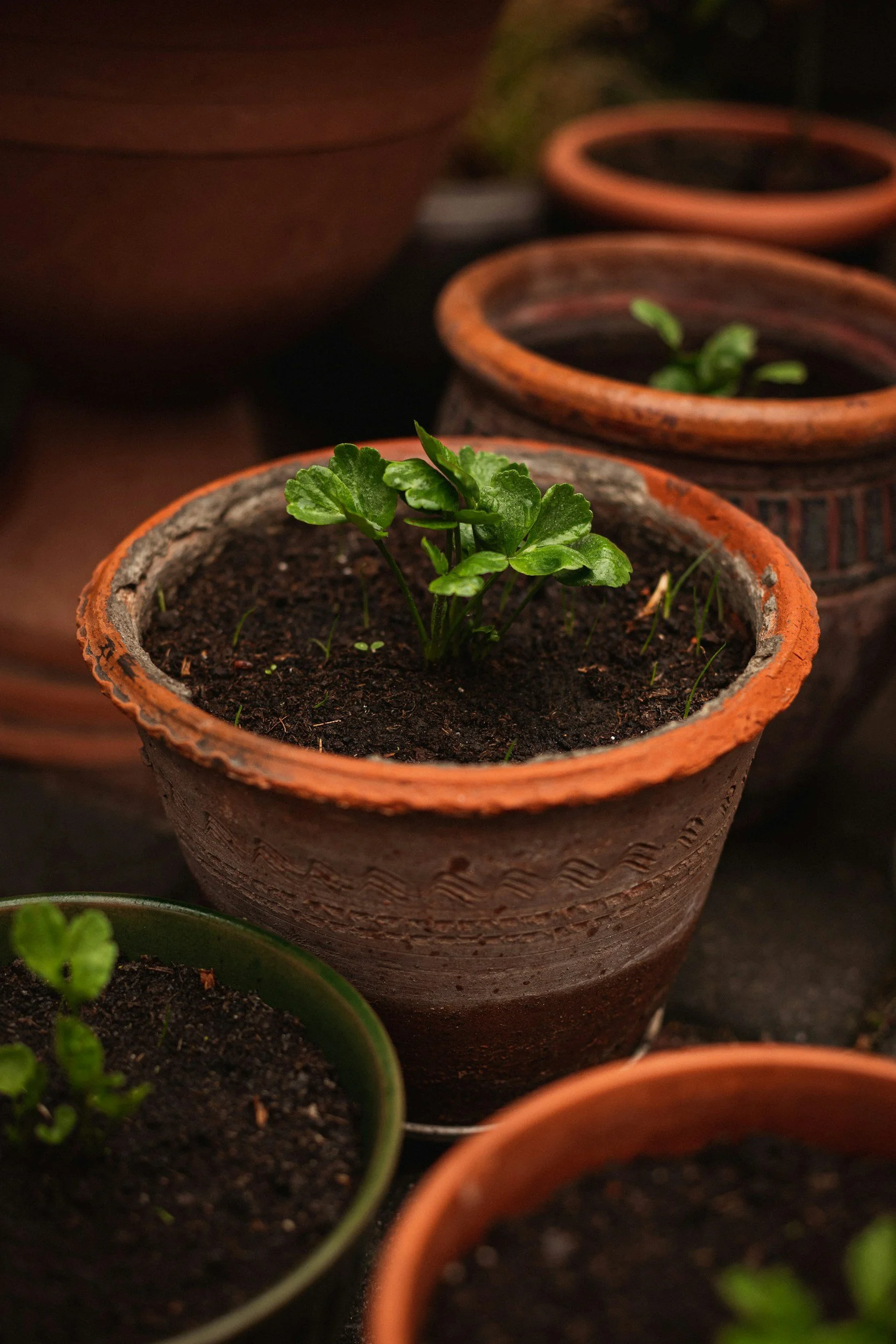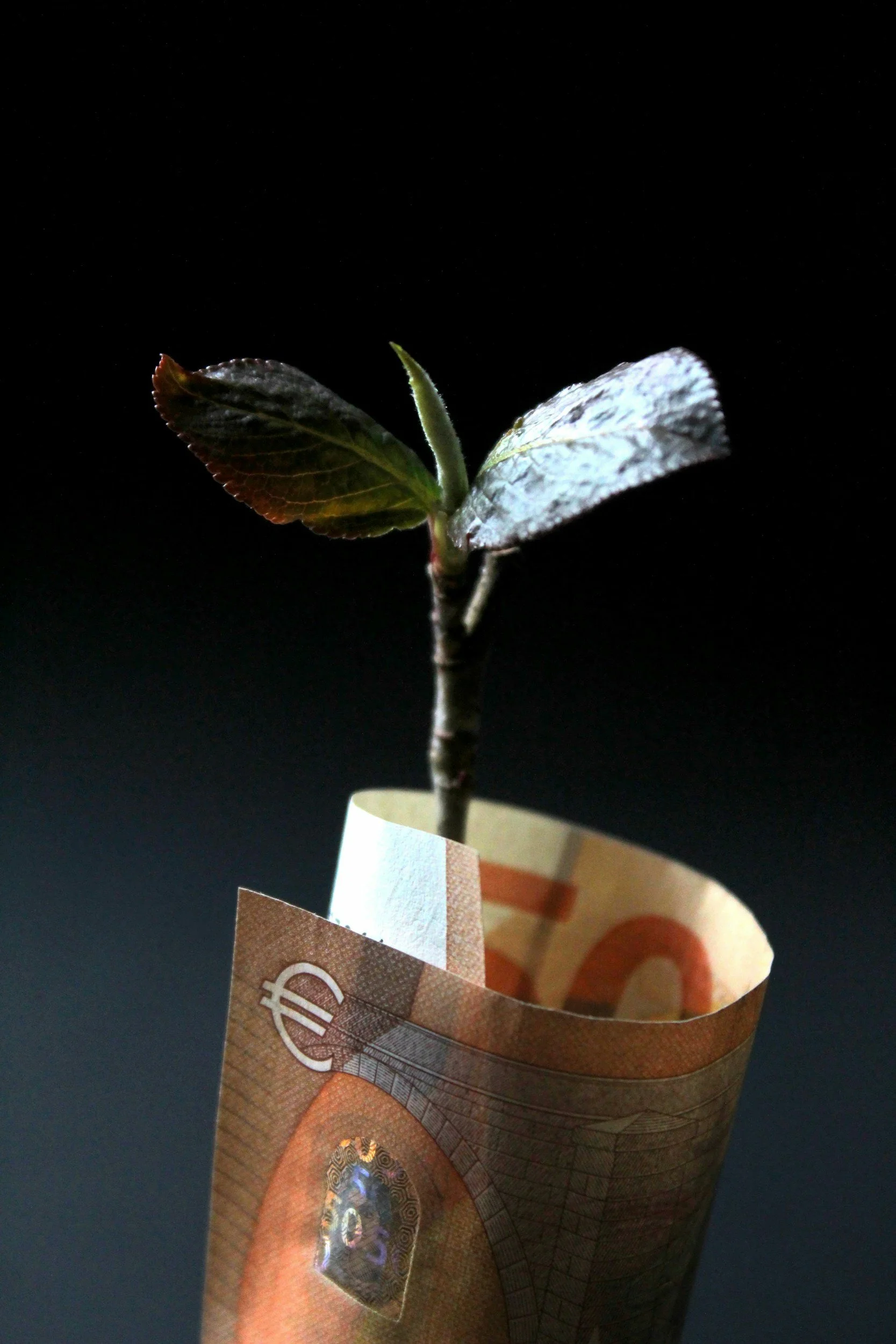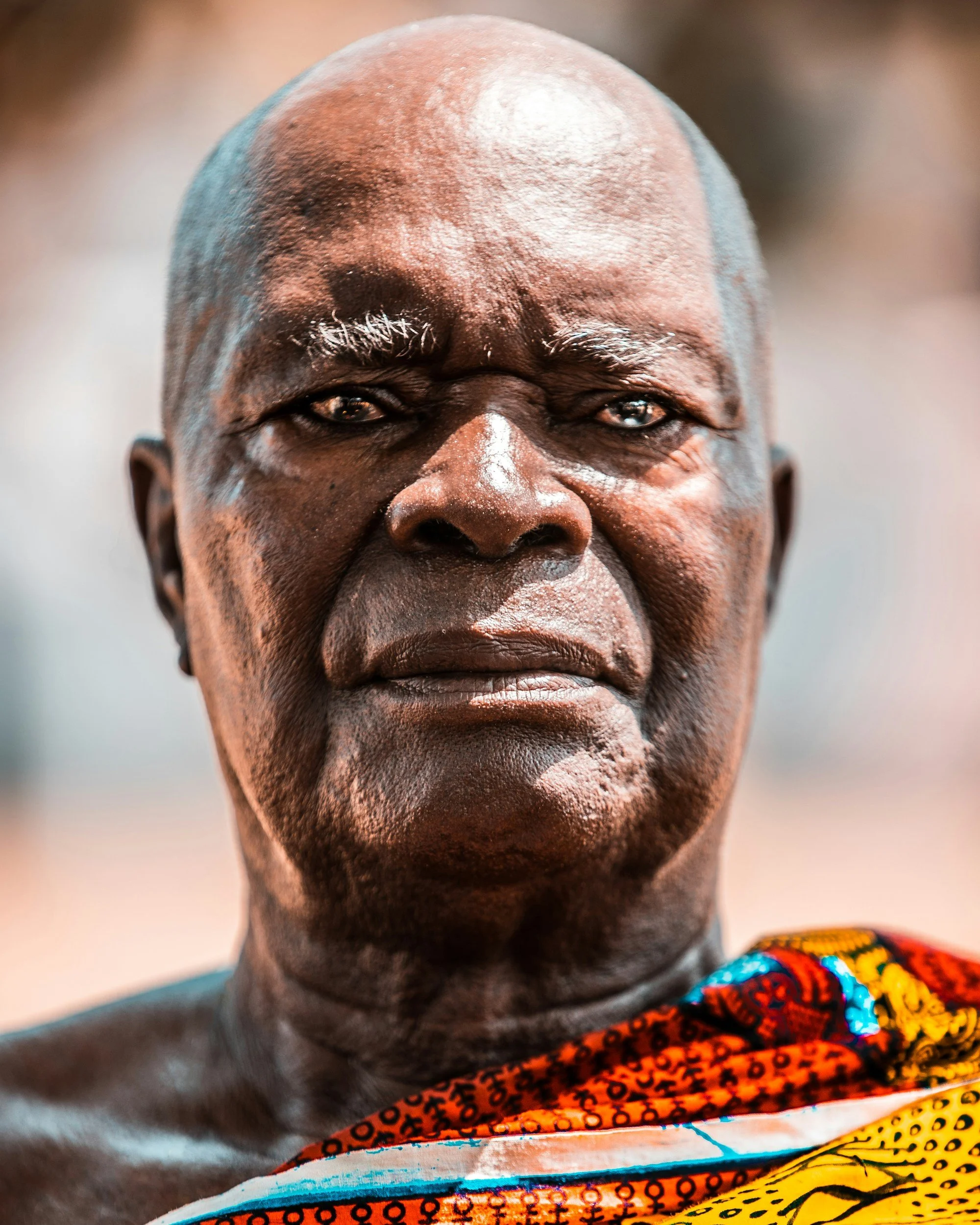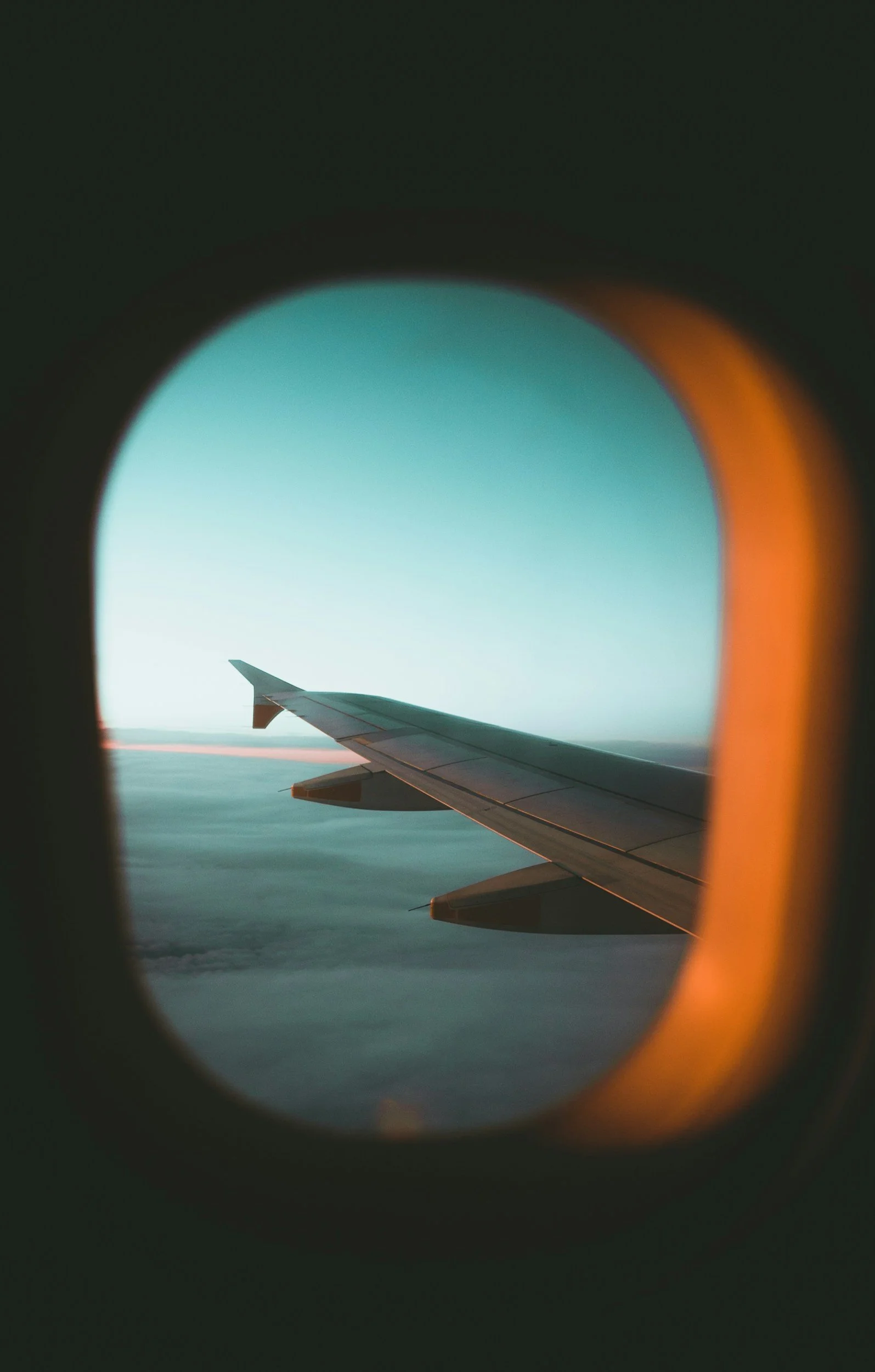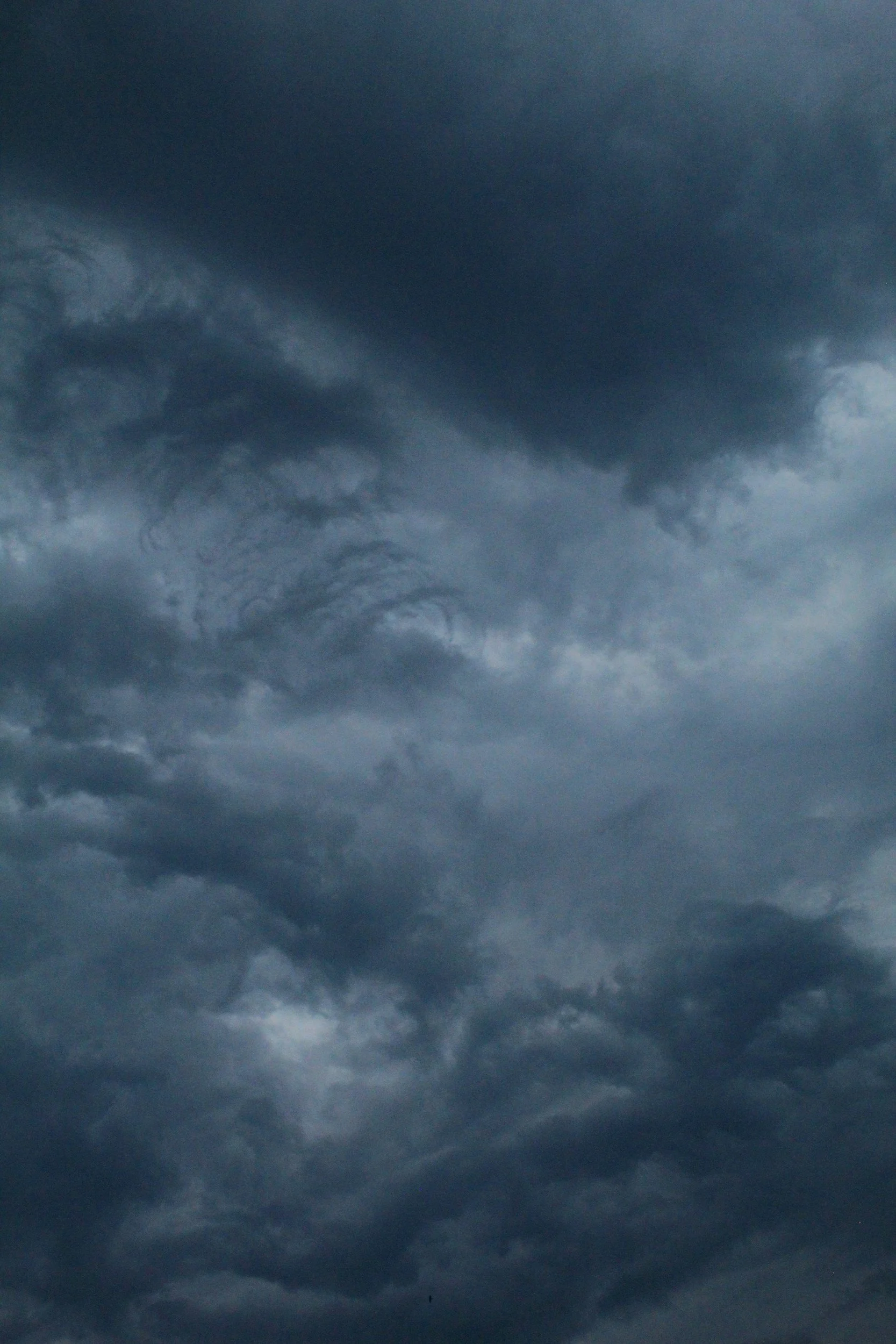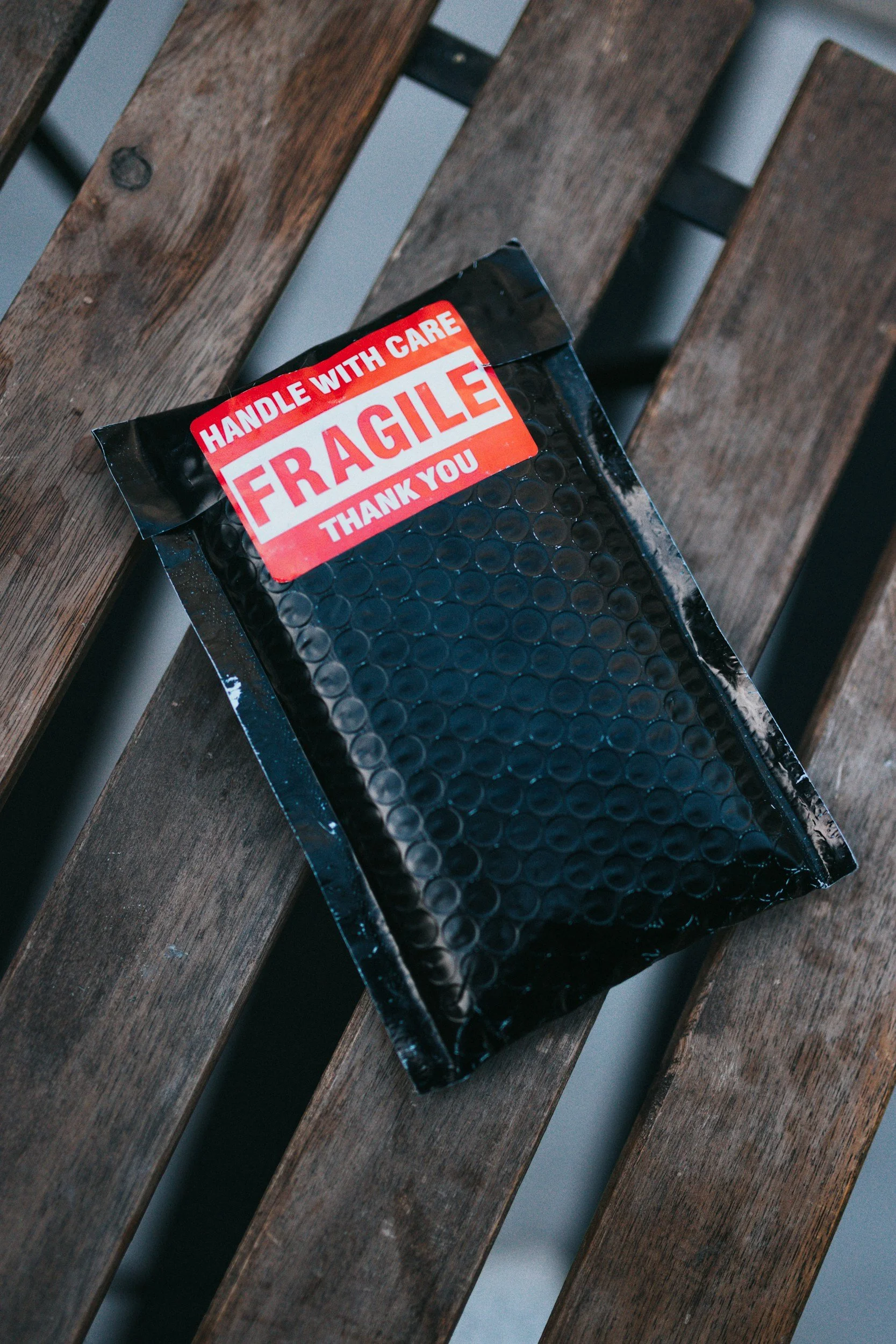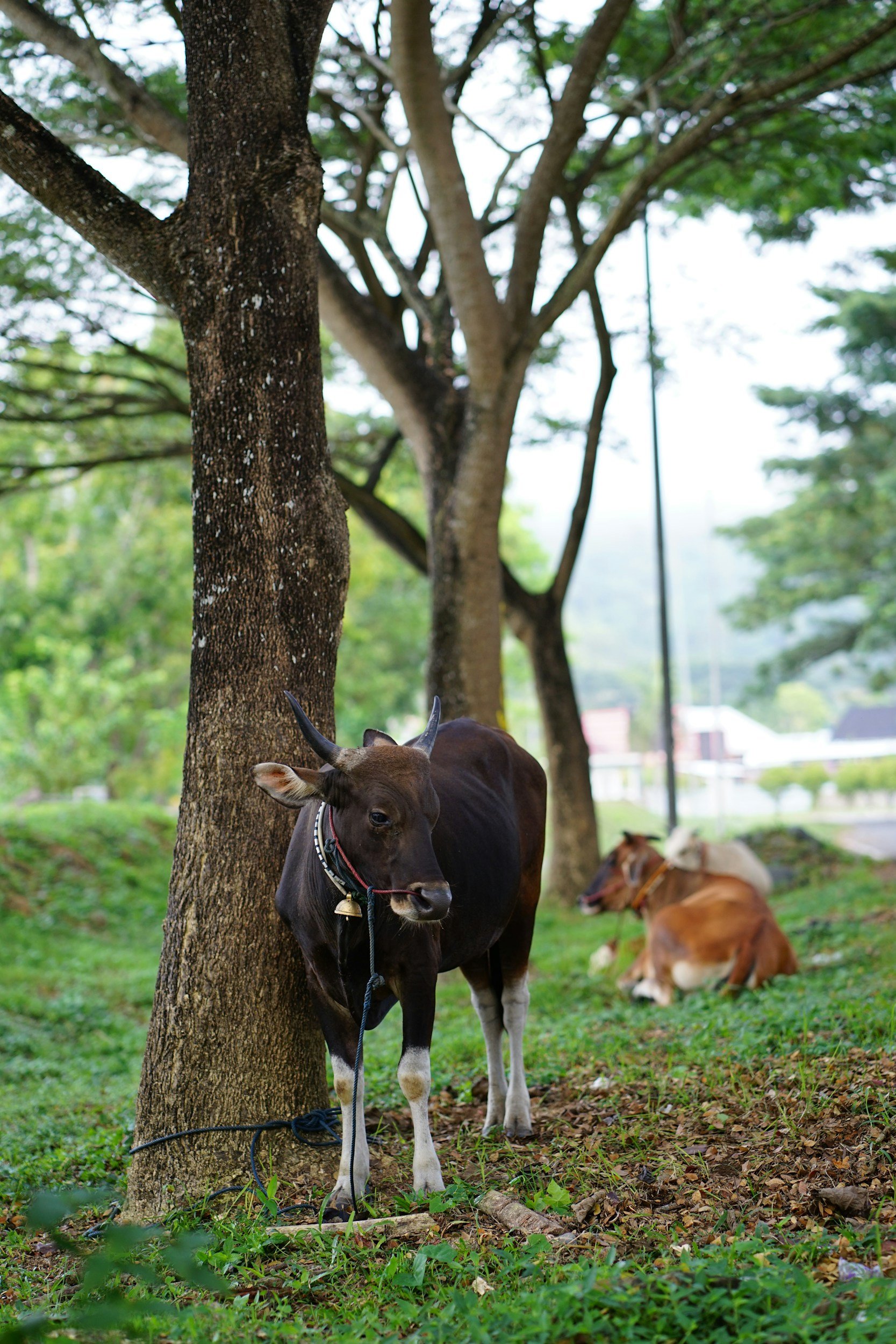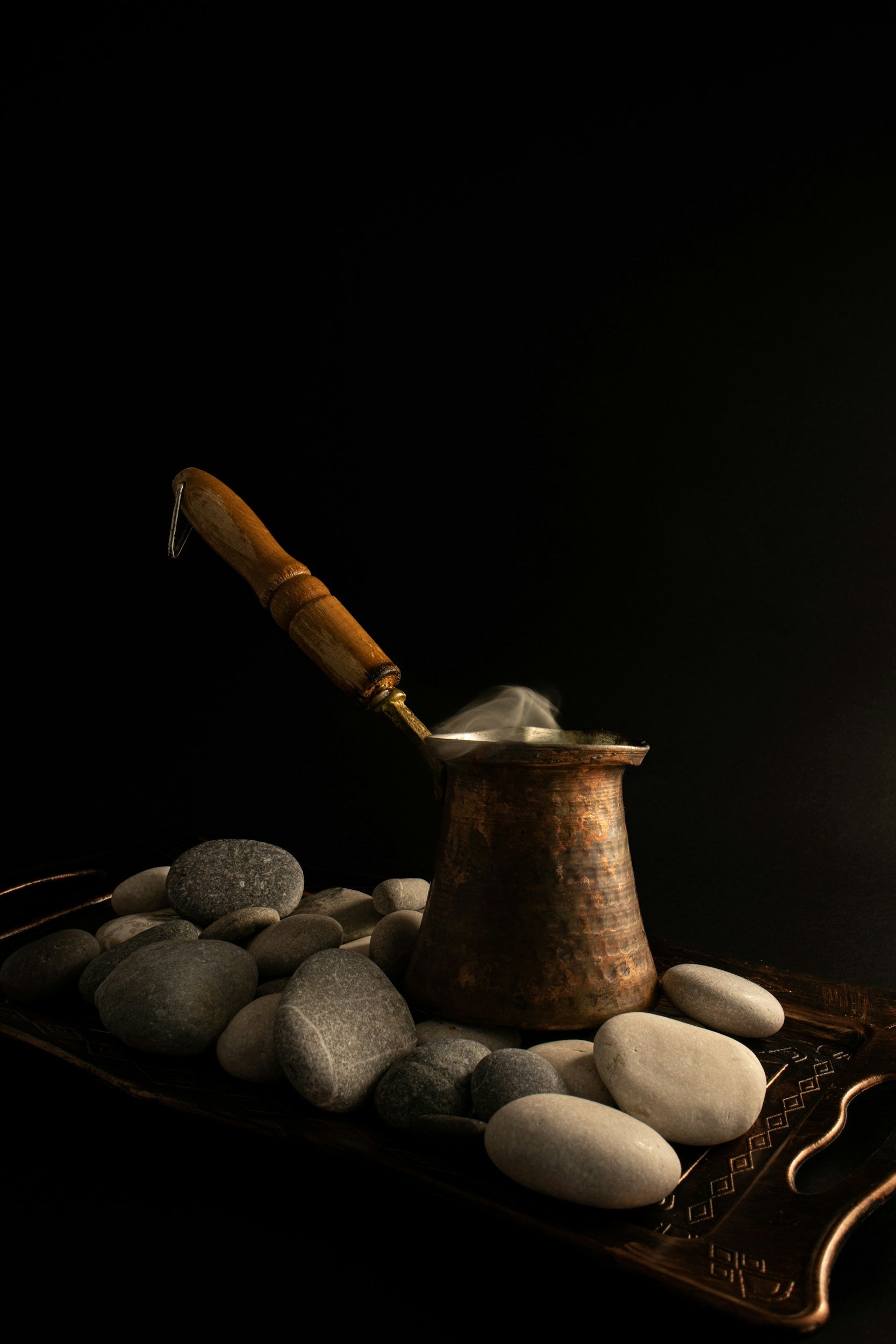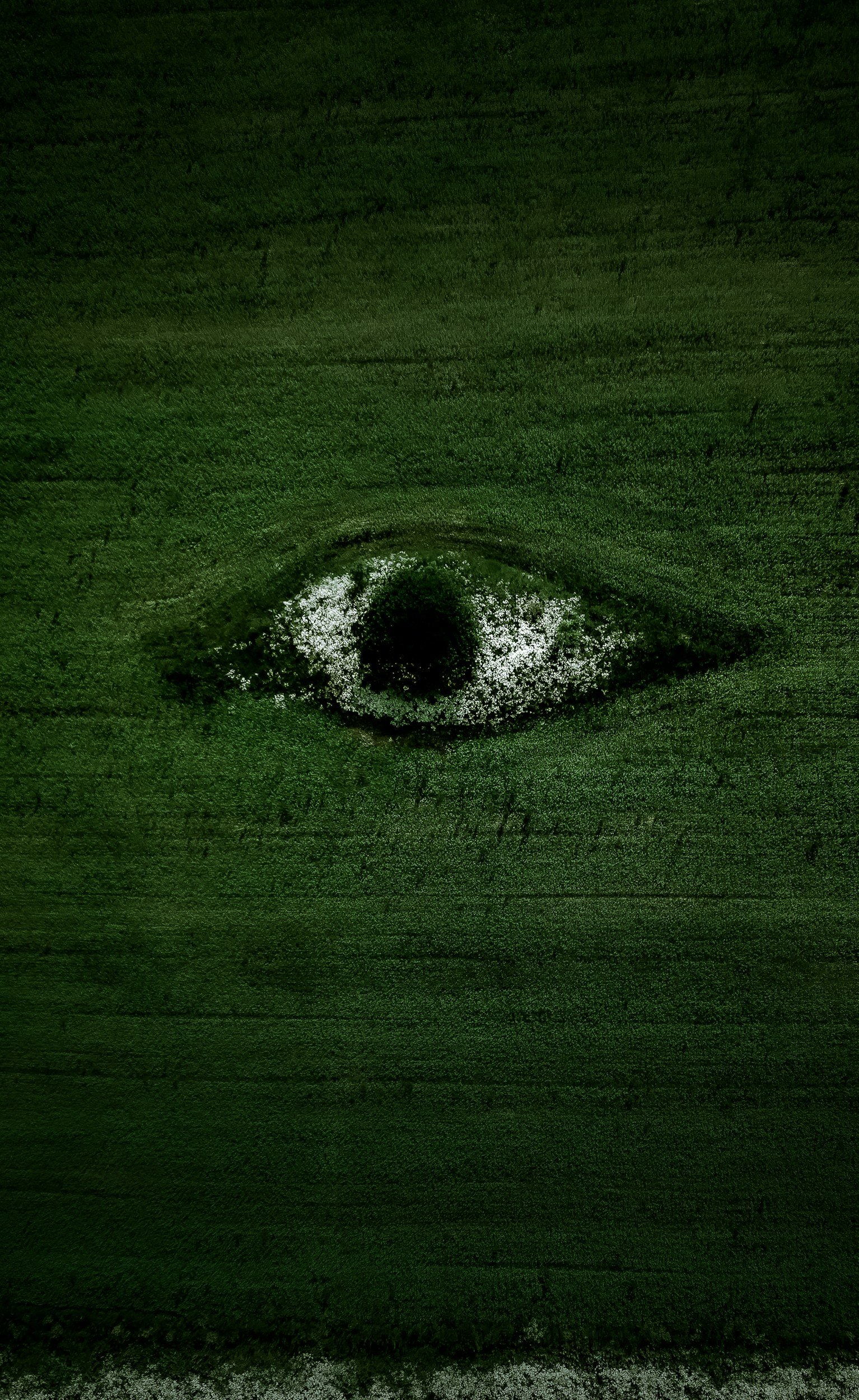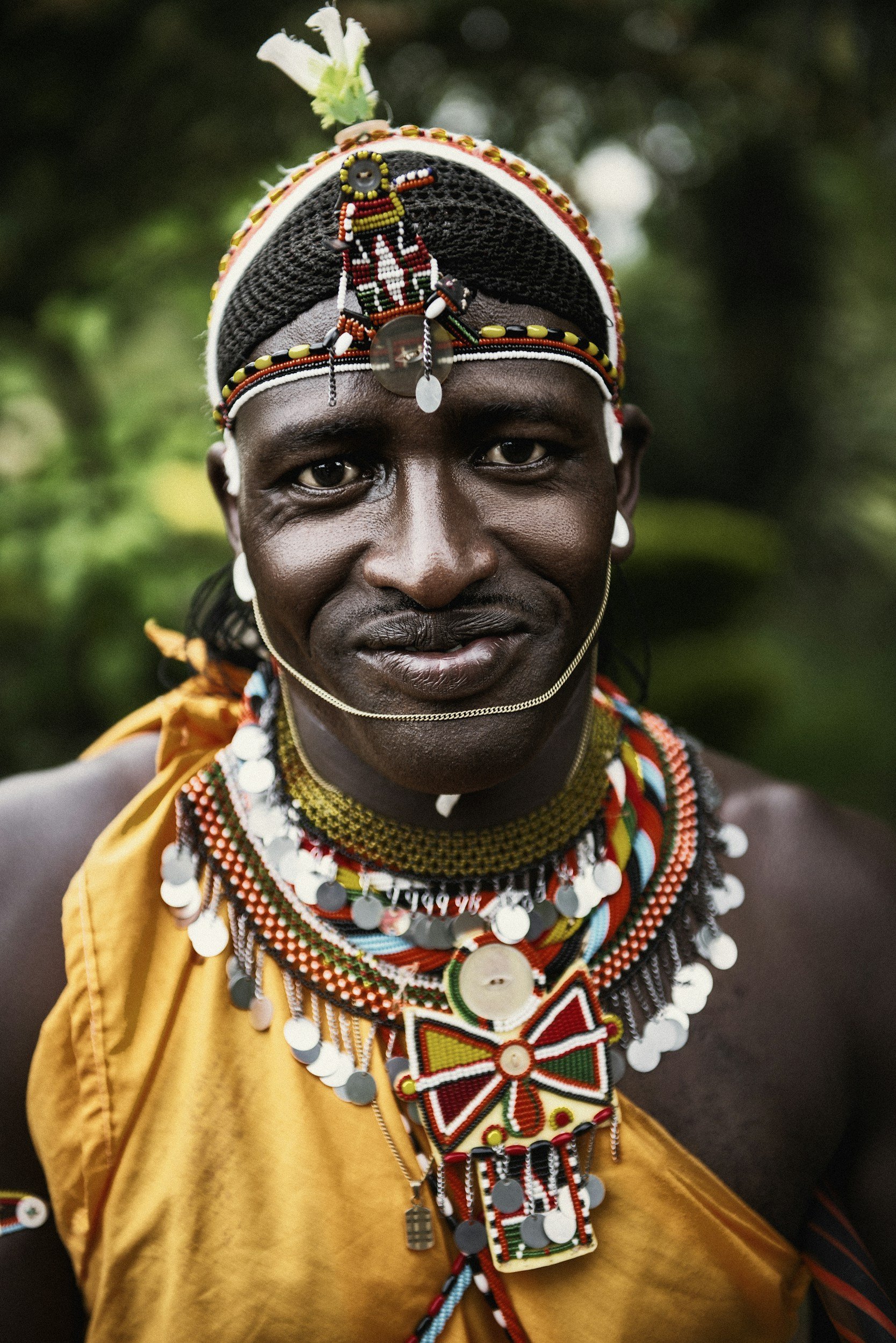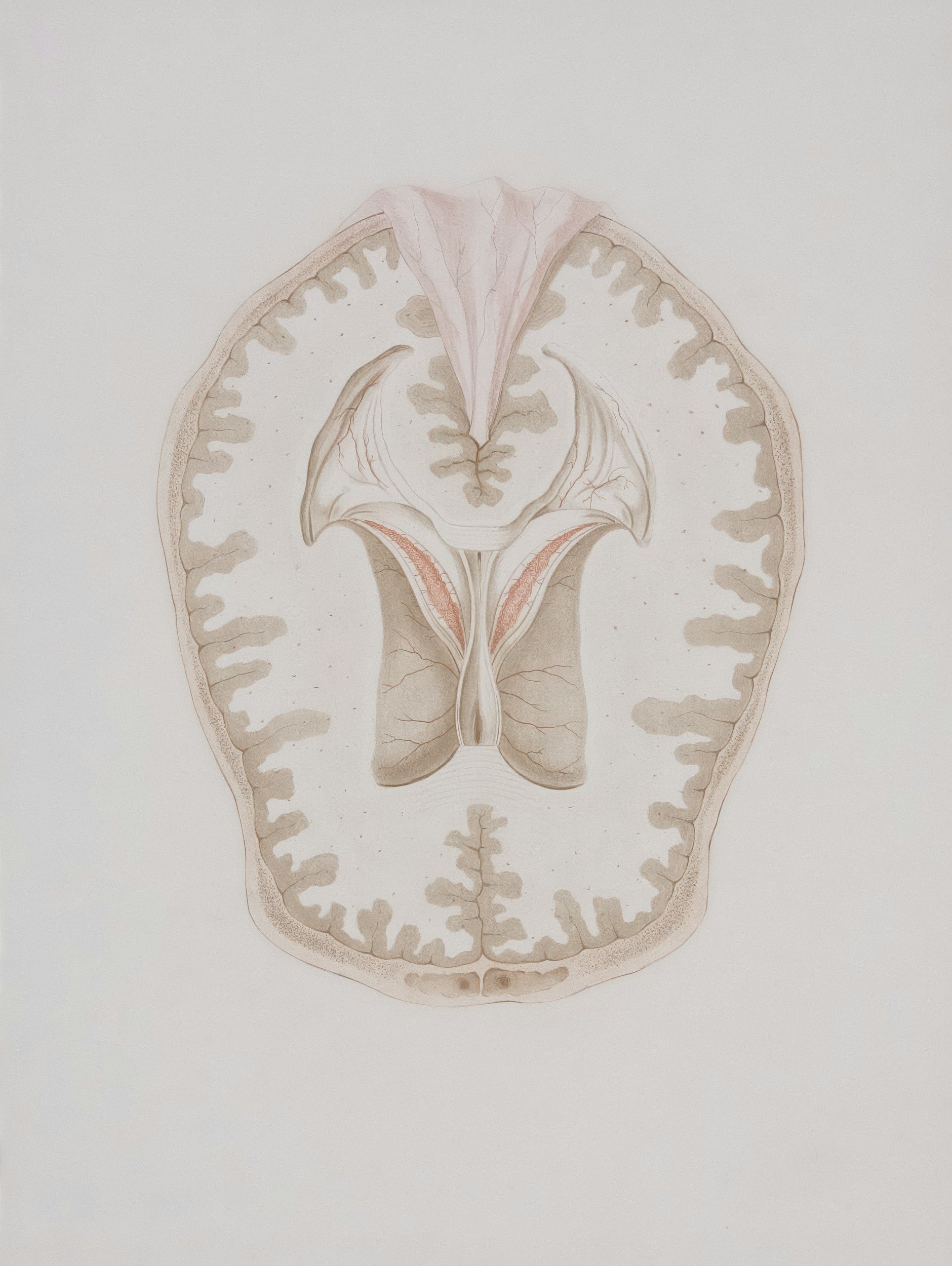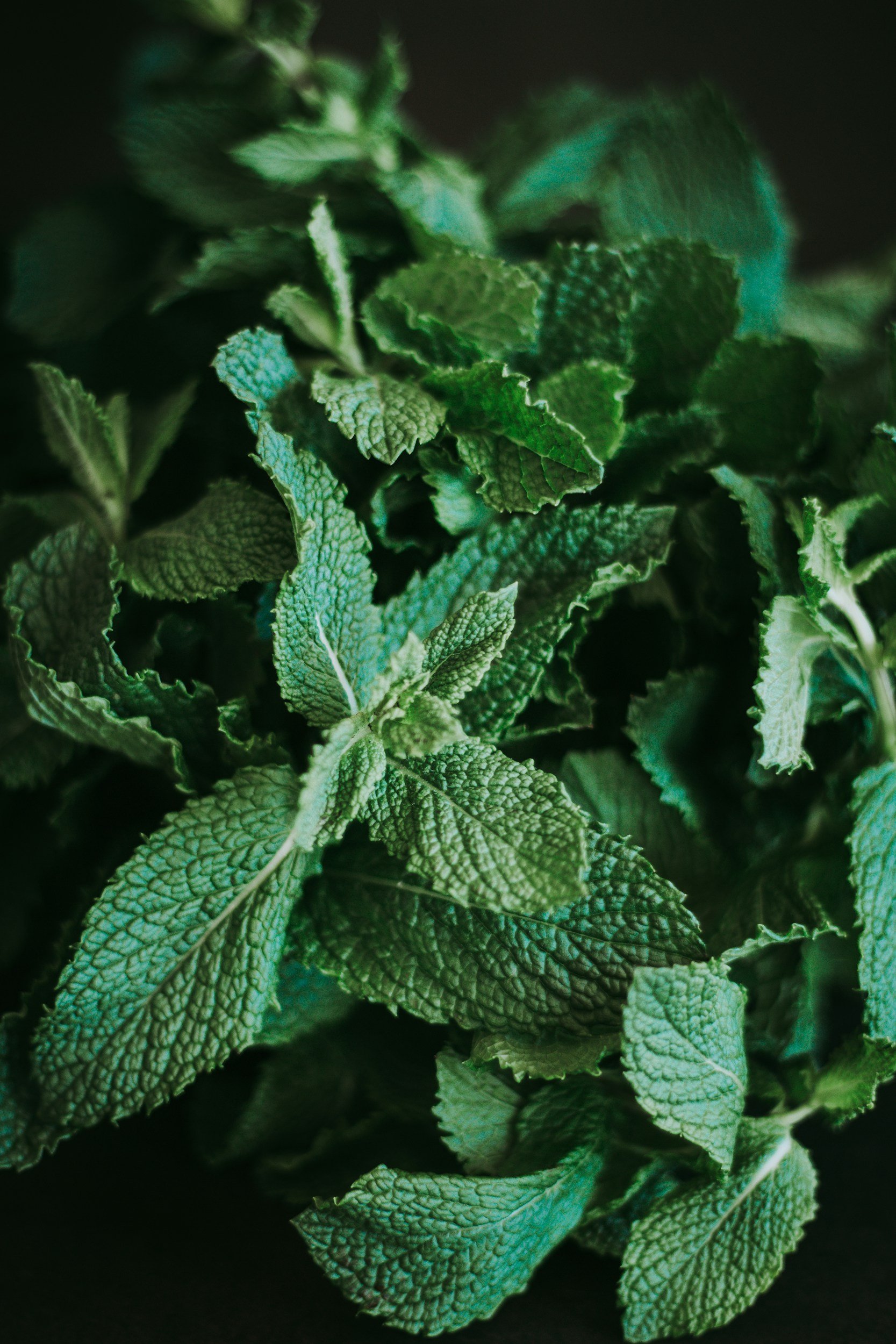The Role of Dibia-Ara (Igbo Psychiatrists) in Traditional Igbo Society
The practice of psychiatry, while often viewed through the lens of modern Western medicine, has deep roots in Igbo traditional cultures. The Igbo traditional psychiatrist, known as Dibia-Ara, plays a critical role in the community, addressing mental, emotional, and behavioral disorders that are seen as manifestations of spiritual imbalances or supernatural influences.
Who is a Dibia-Ara (The Igbo Psychiatrist)?
Dibia-Ara is a term used to describe a traditional healer who specializes in the diagnosis and treatment of mental illnesses. Unlike modern psychiatrists, who typically rely on clinical methods and pharmaceutical interventions, the Dibia-Ara employs a holistic approach that blends spiritual, herbal, and ritualistic practices to heal those suffering from mental disturbances. This healer is deeply embedded in the spiritual and cultural fabric of Igbo society, and their work is usually intertwined with the community’s religious beliefs and practices.
The Igbo Perspective on Mental Illness
In Igbo cosmology, mental illness is usually perceived as a disruption caused by external spiritual forces. It is a common belief that mental disorders can result from malevolent spirits, ancestral displeasure, or curses invoked by enemies. Therefore, the treatment of such conditions requires more than just physical intervention; it demands a spiritual remedy.
The Dibia-Ara is believed to have the ability to communicate with the spirit world, diagnose the root cause of the mental disturbance, and prescribe appropriate rituals and sacrifices to appease offended deities or spirits. These rituals are aimed at restoring balance between the afflicted person and the spiritual realm.
Rituals and Healing Practices
The healing process undertaken by a Dibia-Ara is comprehensive and involves several steps:
Diagnosis: The Dibia-Ara begins by diagnosing the patient through divination. This process normally involves consulting oracles, using divinatory tools like Afa (divination seeds), or receiving visions through spiritual trance. The divination reveals the spiritual cause of the mental illness and guides the Dibia-Ara on the appropriate course of treatment.
Ritual Cleansing and Sacrifice: Once the cause is identified, the Dibia-Ara may recommend a series of ritual cleansings or sacrifices. These rituals are designed to cleanse the patient of negative spiritual influences and appease any offended deities. The sacrifices may involve offerings such as animals, food, or other symbolic items. During this process the patient may also be required to remain in the hospice provided by the Dibia-Ara.
Herbal Remedies: In addition to spiritual rituals, the Dibia-Ara also uses herbal medicine. They are skilled in the preparation and application of various herbs that are believed to have the power to calm the mind, expel evil spirits, and restore mental balance. These herbal concoctions are usually administered in conjunction with other therapeutic practices.
Counseling and Community Involvement: The Dibia-Ara also plays a role as a counselor, there to offer advice and guidance to both the patient and their family. They may involve the community in the healing process, recognizing that mental health is not just an individual issue but a communal one. The involvement of the community helps to reinforce the spiritual and social support needed for the patient’s recovery.
The Role of Dibia-Ara in Preventing Mental Illness
An important aspect of the Dibia-Ara’s work is the prevention of mental illness. In Igbo society, it is believed that maintaining harmony with the spiritual world is very important for overall well-being. The Dibia-Ara often advises people and families on how to live in accordance with spiritual laws, perform regular rituals to appease the spiritual (natural) energies, and avoid behaviors that could lead to spiritual disturbances.
Dibia-Ara in the 21st Century
In the modern world, the practice of Dibia-Ara has faced challenges due to the influence of Western medicine and the decline of traditional practices. However, there is a growing recognition of the value of integrating traditional healing practices with modern psychiatric care. Some contemporary Igbo healers are finding ways to blend the ancient wisdom of the Dibia-Ara with modern therapeutic techniques, offering a more holistic approach to mental health.
In the 21st century, a Dibia-Ara might work alongside psychologists, psychiatrists, and other mental health professionals to provide comprehensive care that addresses both the spiritual and psychological aspects of mental illness. This integrated approach not only honors the cultural heritage of the Igbo people but also provides a more nuanced understanding of mental health that resonates with the community’s beliefs and values.
Final Thoughts
The role of Dibia-Ara as a traditional psychiatrist in Igbo society is a testament to the rich cultural and spiritual practices that have been used to address mental health for generations. Their holistic approach, which combines spiritual rituals, herbal medicine, and community involvement, offers a unique perspective on healing that continues to be relevant in the modern world. As we move forward, the integration of traditional practices like those of the Dibia-Ara with contemporary mental health care could provide a more comprehensive and culturally sensitive approach to psychiatry, not just for the Igbo people, but for diverse indigenous communities worldwide.
Recommended Resources:
Introduction to Igbo Medicine: Igbo Healers and Agwu Deity in a Therapeutic Society | Patrick Iroegbu (Article)
The Concept of Dibia and Dibia Representations in Igbo Society of Nigeria | Patrick Iroegbu (Article)
Traditional psychiatric healing in Igbo land, Southeastern Nigeria Nwoko | Kenneth Chukwuemeka (Article)
The Origins of Ụmụ Agbara Agwụ and the Cult of Agwụ Tutelary Entities on Ọdịnala | Odinani: The Sacred Arts & Sciences of the Igbo People (Article)
